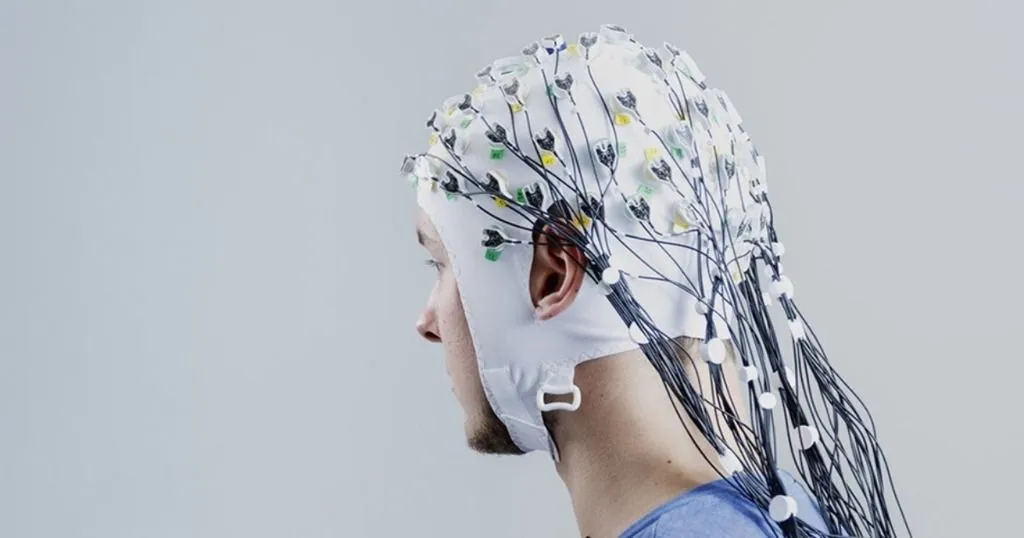Blog posts tagged with eye tracking

03 Dec
human behavior research
Consumer
Three ways to understand consumer emotions
Many companies are seeking ways to understand consumer emotions in order to predict product acceptability. Here are three ways you could set up your study to assess consumer emotions.
20 Oct
human behavior research
Psychology
What can you use eye tracking for?
Eye tracking is a technique which records what you are looking at. With more complex analysis, it can give all sorts of information about a subject's mental state.

31 Jan
human behavior research
Consumer
Neuromarketing: hope or hype?
The application of neuroscience methods to marketing – neuromarketing research – is growing in popularity. Can neuroscience be the holy grail of the study of consumer behavior?

14 Jan
human behavior research
Consumer
Useful consumer neuroscience tools
Marketers track consumer behavior and try to understand it by learning more about the magic buy button.

11 Jul
human behavior research
Consumer
Understanding consumer buying behavior
What predicts a sale, and what causes consumers to buy from a particular brand over another? To know how and why customers make decisions, you can take a deeper look at consumer behavior.

18 Dec
human behavior research
User Experience
How to build a usability lab?
Usability testing is an essential part of user centered design processes. It is necessary to evaluate prototypes. So how do you build a usability lab? This how to will help you out!

15 Aug
human behavior research
User Experience
Understanding the digital world at the Social Media Lab
In this unique lab, technology is applied to understanding user experience, behavior on social media, and much more.

06 Nov
human behavior research
Psychology
Understanding face perception in ASD
Researchers at KU Leuven want to gain more insight into whether or not there are differences in the implicit abilities of children with ASD to detect faces, different identities, and different expressions.

24 Jan
human behavior research
Human Factors
Attention! Drive safely
In a recent study with bicyclists, researchers at VTI, Sweden, observed cyclist behavior using eye tracking technology, video recordings, and behavioral coding.

21 Jan
human behavior research
Healthcare
Why non-verbal behavior matters
Basil Preisig and his colleagues at the University of Bern, Switzerland, were especially interested in communicative development of people diagnosed with language disorders like aphasia.